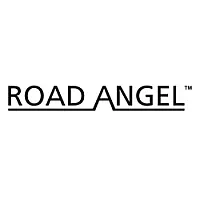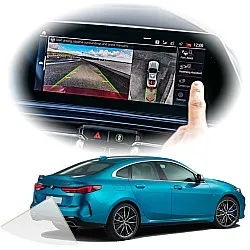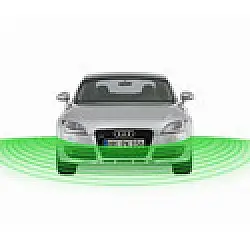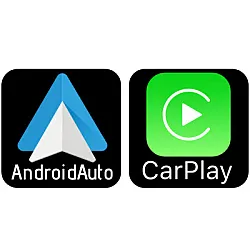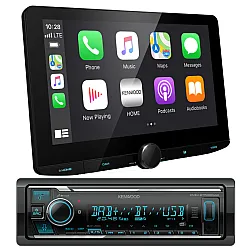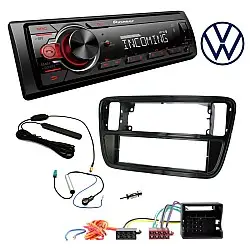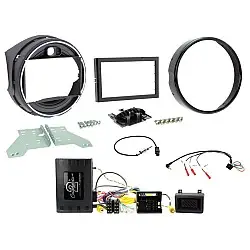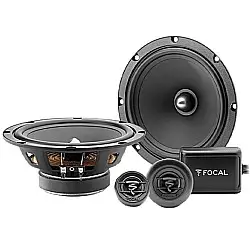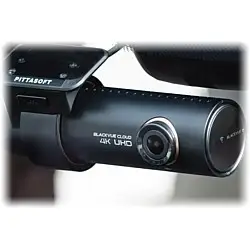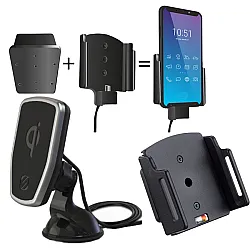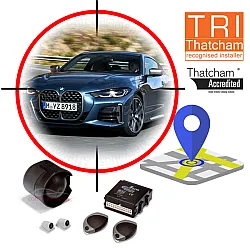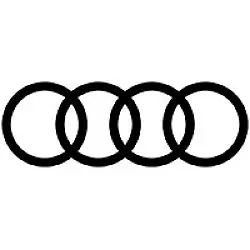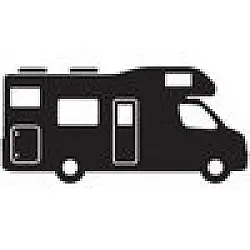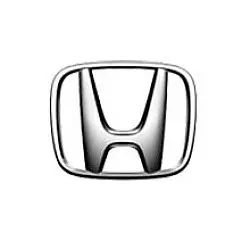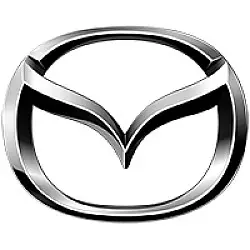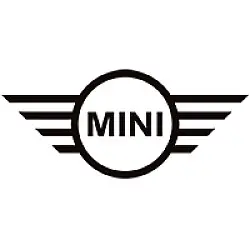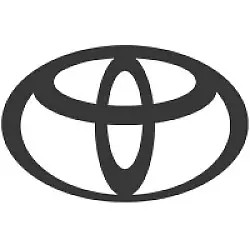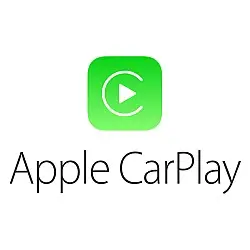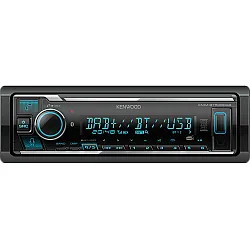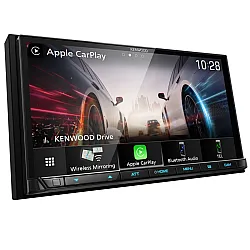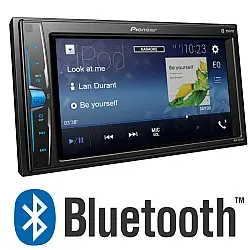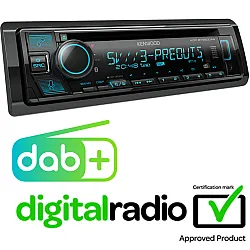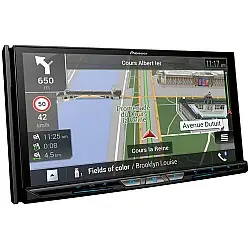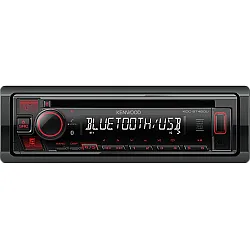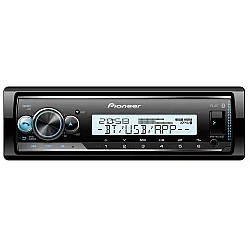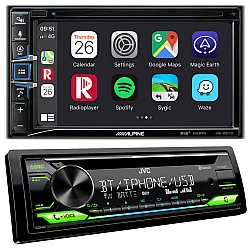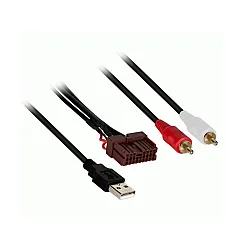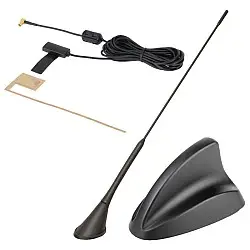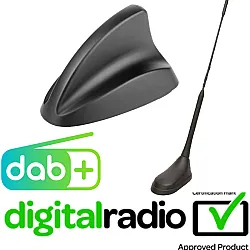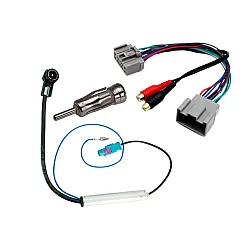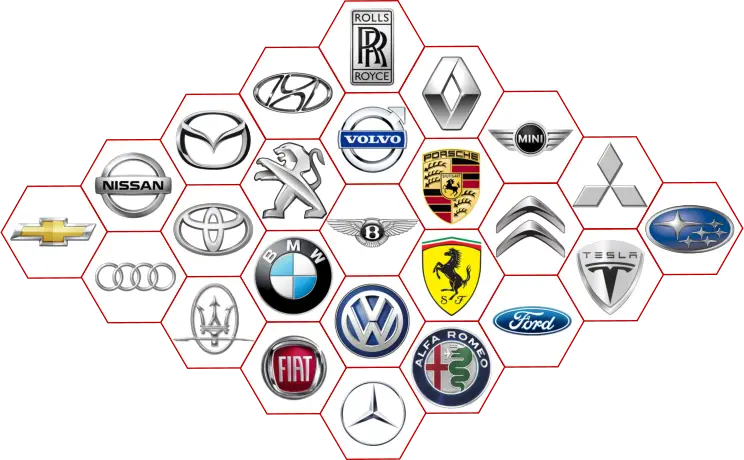Driving during lockdown - your top questions answered
The Covid-19 coronavirus has changed daily life beyond all recognition for millions of us all over the UK. With a national lockdown in place, the government has told all of us to carefully consider each of the journeys we make, why we’re making them and how we get around.
Inevitably, this has changed the way we use our cars and personal transport. Safety in our cars is now not just about dashboard cameras and reversing cameras, but whether or not we should even be getting into our cars at all. The sometimes evolving messages from the government and healthcare providers has given rise to a couple of questions about how and when to use our cars, so here at Car Communications we’ve collated some of the official answers for you.
1. Can I drive during lockdown?
The use of cars isn’t explicitly forbidden during lockdown, but the public are being urged to carefully consider the trips they make. To minimise the risk of infection (both for you and others), you should only use your car if you’re making an essential journey. The government has laid out four main criteria for what constitutes an essential journey:
- Shopping for basic necessities such as food, which should be done as infrequently as possible
- Trips to a pharmacy or medical facility for a medical need
- Providing help or care for a vulnerable person
- Travelling to work (but only when this job cannot be done from home)
If you are making a car journey for one of the above reasons, the government stipulates that you should do it alone or with other members of your household.
Additionally, if you’re displaying any symptoms of the coronavirus, including a cough or high temperature, the government is very clear that you should self-isolate and stay where you are.
2. Should I use a car if I’m self-isolating?
No. The government is unambiguous on this point. If you’re self-isolating, you and everyone else in your household should stay home for at least 14 days. If you need any necessities in the meantime, you will need to make arrangements to have what you need delivered. The NHS website has more detailed information about self-isolating.
3. Can I share my car with other people?
The government strongly advises solo journeys only at the moment, even if you’re not displaying symptoms. If you do share a car with anyone, it can only be with members of your household, and no one else. That means you cannot give lifts to anyone you don’t live with, even if you’re related to them.
4. Can I check on my family and friends?
In most cases the answer is no, with only a few exceptions. The government says that you can visit a family member or friend if they’re a vulnerable person and you’re providing help, care or supplies. However, social calls or catch-ups are forbidden under the lockdown rules, and contact should be made by phone or internet instead.
If you’re using your vehicle to make deliveries to a vulnerable person, the NHS strongly suggests routinely disinfecting your car with a number of methods - for example, by wiping down the most frequently touched surfaces like the steering wheel or handbrake.
5. Can I leave the house to get an MOT?
No, as the government has implemented schemes to ensure that you don’t need to. From March 30 onwards, the government has suspended all MOTs for six months. This applies to cars, vans and motorbikes. All upcoming MOT dates will be changed about a week before the test is due, so if you have a date for your MOT that’s scheduled for the near future, you will be able to check the new date online.
If you MOT date was due before March 30th and for some reason it’s not been completed yet, it’s worth contacting your garage to find out where you stand. The government has made an agreement with insurance companies and police regarding these sorts of scenarios, so you can rest assured that you’ll face no unfair punishment in the meantime.
Regardless of the status of your MOT, it’s worth noting that you are still responsible for keeping your car in a roadworthy condition. That means if you’re caught knowingly driving a vehicle that could pose a tangible risk to yourself, your passengers or other road users, a deferred MOT date will not be regarded as an acceptable defence.
5. Do I still need to tax and insure my car?
Yes. Normally you’d need a valid MOT for your car in order for it to be taxed. However, the difficulty around MOTs at the moment has prompted the DVLA to update its systems to allow cars to be taxed without them (even if the MOT in question has expired and is now subject to the six month extension).
You also still need to insure your car, even if you’re not currently driving it anywhere. However, you may be able to successfully exempt your car from insurance if you secure a Statutory Off Road Notice from the DVLA. This is an official declaration that your vehicle is ‘off the road’ which means that as far as the DVLA is concerned it will not be driven until the SORN is lifted.
These are just quick answers to a few of the most commonly asked questions. For more detail, the RAC has done an excellent roundup of how and when to use your car for the duration of the current crisis. On the other hand, if you’ve got any questions about our reversing cameras, dashboard cameras or our other high-tech car communications products, we’re only a phone call away on 01254 694537. In the meantime, stay safe!
























































